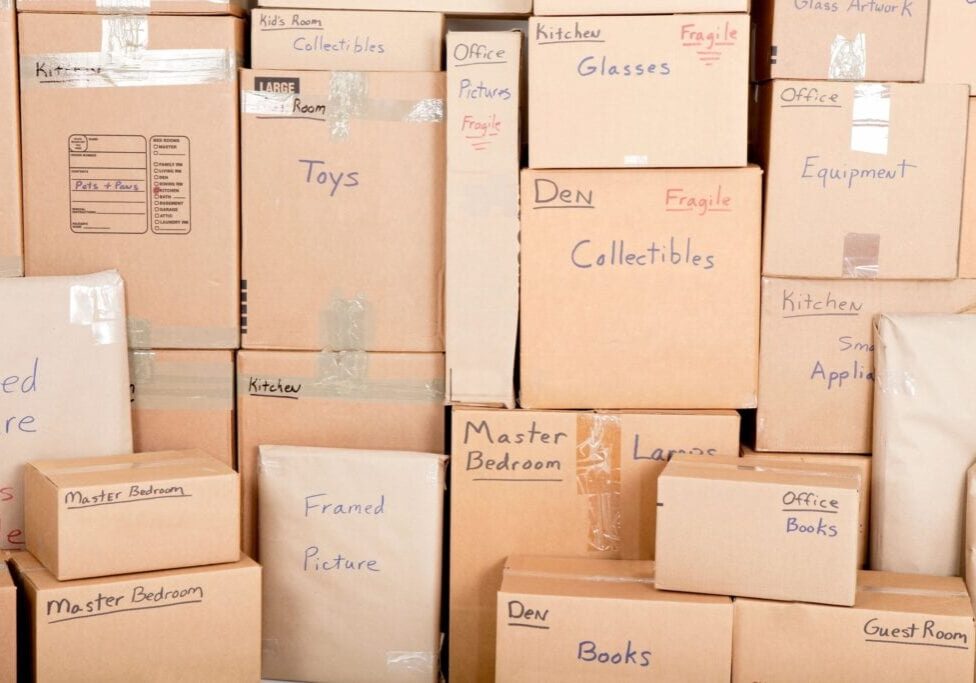How do we divide personal property in a divorce?

Property division is a thorny component of divorce in Alberta. And while people typically focus on dividing the high-priced items like a matrimonial home, vehicles and other pricey assets, divorcing spouses must also divide personal property.
Personal belongings can spark as much conflict as higher-priced property, which is why it can be helpful to know how you can approach this process.
What is personal property?
Backing up, we should explain that when we talk about personal property, we are referring to household items. These items can include:
- Furniture
- Electronics
- Clothing
- Appliances
- Office equipment
- Work tools
- Toys
- Dishes
- Artwork
- Photo albums
These are all properties that you will divide in a divorce, but you take a slightly different approach to the division process when dealing with larger shared assets.
Dividing personal belongings
When you are dividing household items, you need not necessarily wait for a formal agreement to divvy up certain moveable items. Parties generally can remove belongings like their clothing and personal effects not used by the family.
That said, you cannot remove anything else from your home without permission from your spouse or the courts.
To divide household items, you will make a list of them and their estimated value. Then you can reach an agreement on who keeps what, or you could let the court decide. You will need to determine who will keep items like furniture and artwork you accumulated during the marriage. You will also discuss whether to give away things neither of you wants or sell them and split the profit.
If you cannot reach an agreement on specific items, the court can make a decision.
It is crucial that, pursuant to the Matrimonial Property Act, parties don’t sell or destroy any assets without the other’s permission. Furthermore, both parties should have access to household property and effects until division.
Keeping the division process fair
Even seemingly insignificant property can trigger disputes when parties clash over what is “fair.” Personal belongings and household goods may not mean much on an individual level, but as a whole, household goods can be quite significant. Thus, having legal guidance as you navigate the property division process of a divorce is crucial.
Whatever approach you take to dividing property, whether you make decisions yourself or go to court, remember that the goal is a fair settlement.
Carriere Law Office
Practice Areas
Children’s Issues
- Child Support
- Child Custody
- Access And Parenting Arrangements
Family Law Agreements
Property Division
Spousal Support